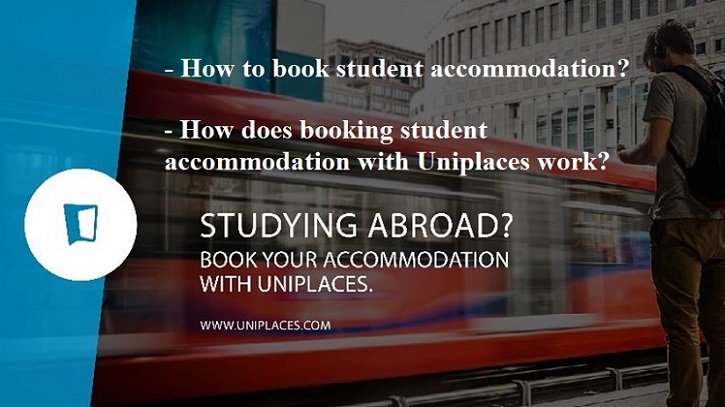
Abraham and Mary Lincoln had a full day in New York City 150 years ago today on February 20, 1861. They and their children spent the previous night at the Astor House, a luxury hotel, after riding through crowds estimated to be 250,000 people strong. It was a somewhat cool reception and today would not be any different.
After a breakfast with the city's most prosperous businessmen and merchants, Lincoln then went to City Hall to meet with the Mayor, Mr. Fernando Wood. The image above, courtesy of Library of Congress, shows a print of Lincoln and the Mayor meeting. The Mayor, no fan of Lincoln's, was almost "insolent" in his reception of Lincoln, according to Jay Monaghan, author of "Diplomat In Carpet Slippers." Mr. Wood had only a few weeks earlier suggested somewhat seriously that New York City itself should secede from the Union, due to the concerns that the city and its elite would lose hundreds of millions over the secession of the Southern states.
The Mayor "welcomed" Lincoln with a condescending speech, in which he said "Coming office with a dismembered government to reconstruct, and a disconnected and hostile people to reconcile, it will require a high patriotism and an elevated comprehension of the whole country and its varied interests, opinions and prejudices to so conduct public affairs as to bring it back again to its former harmonious, consolidated and prosperous condition." In other words, he was urging Lincoln to reach a compromise with the Southern states.
Lincoln in turn had his opportunity to speak to both the Mayor and the assembled City Council. He thanked them for the welcome, remarking that he understood that the group before him was not in agreement with his politics. Nonetheless, Lincoln replied to them by stating:
"There is nothing that can ever bring me willingly to consent to the destruction of this Union, under which not only the commercial city of New York, but the whole country has acquired its greatness, unless it were to be that thing for which the Union itself was made. I understand a ship to be made for the carrying and preservation of the cargo, and so long as the ship can be saved, with the cargo, it should never be abandoned. This Union should likewise never be abandoned unless it fails and the probability of its preservation shall cease to exist without throwing the passengers and cargo overboard. So long, then, as it is possible that the prosperity and the liberties of the people can be preserved in the Union, it shall be my purpose at all times to preserve it."
Thus Lincoln came the closest he had yet come on this Inaugural Journey to revealing what his policies concerning secession would be as President. He would be unflinching in his fight to preserve the Union, to save what he would later call the "last, best hope on Earth" for government of the people and for the people. Through this response to the Mayor and City Council, Lincoln also showed that he was not the backwoods dolt that so many in the city felt him to be. It was not the only entanglement with New York that Lincoln would have.
The visit to New York City was not all business and politics for Lincoln and his wife. That evening, they attended the Verdi opera "Un ballo in Maschera" or "A Masqued Ball." The crowd was a bit aghast, according to reports, that Lincoln wore black gloves to the opera, when the fashion was to wear white gloves. Even then, New Yorkers were fashion conscious.
That night was spent again at the Astor House. Departure on the next leg of the journey would take place the next morning at around 8:00 a.m. While the visit to New York had gone smoothly without the chaos of the other cities on the route, it was, in the words of Carl Sandburg, "the coldest" of all along the "journey to inauguration."























































Post a Comment